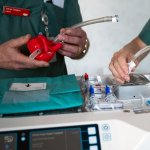
News • Hypothermic oxygenated perfusion
‘Heart-in-a-box’ to improve organ transport
Not just a Nirvana song, but also an effective way to keep a donor heart fresh for transplantation: New research shows the benefits of “heart-in-a-box” storage.

Not just a Nirvana song, but also an effective way to keep a donor heart fresh for transplantation: New research shows the benefits of “heart-in-a-box” storage.
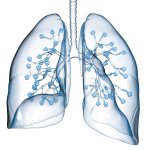
New research into a life-threatening, but underestimated complication in lung transplants not only provides new insights, but also approaches for early detection and timely treatment.
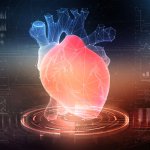
Matching the right donor heart to the right recipient at the right time is a complex task. Now, experts point out how AI can provide unbiased decision-support for transplantation process.
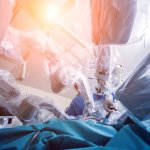
Although robots are common to assist in surgery, robotic assistance is not routinely used for lung transplants. However, this might change soon, according to an expert speaking at the ISHLT meeting.
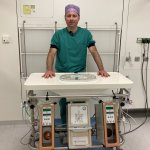
A special perfusion machine preserves donor livers for an extended period of time without compromising organ quality. New Dutch research has confirmed the safety of the procedure for recipients.
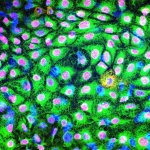
Researchers from the Chinese Academy of Sciences, Beijing, have genetically engineered stem cells so that liver cells obtained from them would be invisible to the immune system.
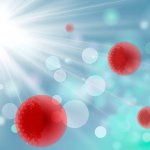
Results from a large European study reinforce the use of Extracorporeal photopheresis (ECP) in heart transplant patients as a treatment for heart transplant rejection and prevention of rejection.
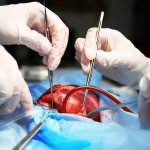
Using an organ from a donor who underwent cardiac death, Stanford Medicine surgeons transplanted a heart while it was beating - the first time such a procedure has been achieved.

Storing donor lungs for transplant at 10 degrees Celsius markedly increases the length of time the organ can live outside the body.
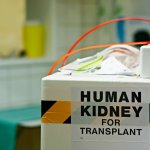
A pioneering new method to assess the quality of organs for donation has the potential to revolutionise the transplant system, saving lives and tens of millions of pounds.
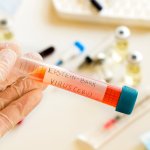
Dutch physicians have developed a system to determine the right dose of immunosuppressive drugs for patients to receive a donor liver - to prevent the activation of the Epstein-Barr virus.
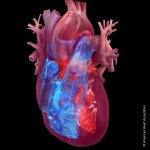
Donor hearts from people who were Covid-19-positive appear to be as safe for transplantation as those from people without Covid-19, according to a new short-term analysis.
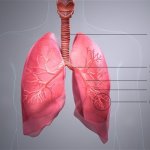
Despite treatment, chronic lung diseases such as COPD or cystic fibrosis can become so severe that a lung transplant is necessary. Dr Urte Sommerwerck explains which patients might be considered for transplantation and why follow-up is as important as the surgery itself.
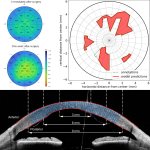
Many consider our eyes to be the windows to the soul. Yet the cornea, the panes of these windows, sometimes need significant repair. Friso Heslinga, PhD, created artificial intelligence models to support surgeons in one of the oldest and most common transplantation procedures.
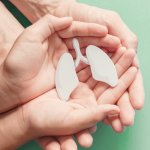
Researchers at Lund University in Sweden and Skåne University Hospital have conducted an animal study bringing hope that more donor lungs could be used in the future.
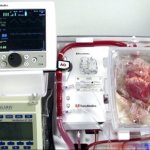
A new heart transplant technique, which allows surgeons to transplant donor hearts that have stopped beating after death, is reducing waiting lists for patients in Australia and potentially around the world.
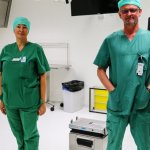
An animal study brings hope that more donor lungs could be used in the future. The researchers have launched a pilot study to investigate whether the treatment will have the same positive effects on human beings.
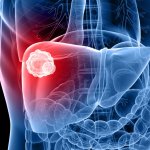
Treating liver cancer tumours to shrink them in order to allow the patient to qualify for a liver transplant leads to excellent 10-year post-transplant outcomes, according to new research.
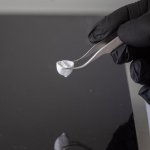
By recreating the helical structure of heart muscles, bioengineers improve understanding of how the heart beats.